The Paradox of the Mother-Teen Daughter Relationship: Interactive Panel [presentation] [video]
Jenna Borrelli, an adolescent therapist at CHC, speaks about improving communication skills and managing conflicts in the mother-daughter relationship. A facilitated panel discussion follows the presentation. Read more ›





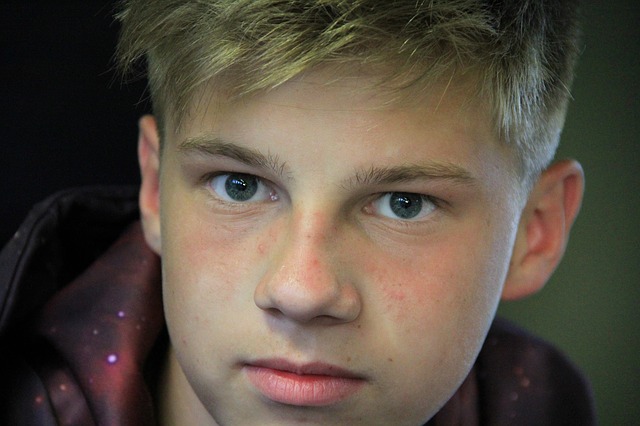
 National data indicates that about one-third of teenagers will experience an anxiety disorder, with 8 percent seriously impaired. Research and anecdotal evidence suggest that these numbers, higher than in decades past, reflect a real increase, not just a rise in reporting.
National data indicates that about one-third of teenagers will experience an anxiety disorder, with 8 percent seriously impaired. Research and anecdotal evidence suggest that these numbers, higher than in decades past, reflect a real increase, not just a rise in reporting. 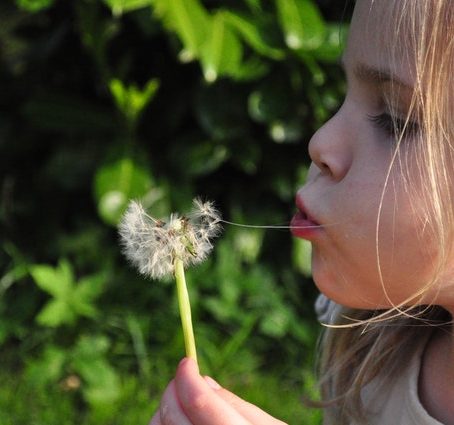
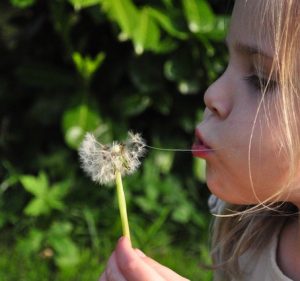 There are days (okay, maybe a lot of days) where we feel like we’re constantly saying “don’t” and “no.” It’s our job as parents to set and enforce boundaries and to keep our children safe. Our children also need to hear us say things will make them feel good about themselves— things that can lift their spirits and sustain them in good times and bad.
There are days (okay, maybe a lot of days) where we feel like we’re constantly saying “don’t” and “no.” It’s our job as parents to set and enforce boundaries and to keep our children safe. Our children also need to hear us say things will make them feel good about themselves— things that can lift their spirits and sustain them in good times and bad. 

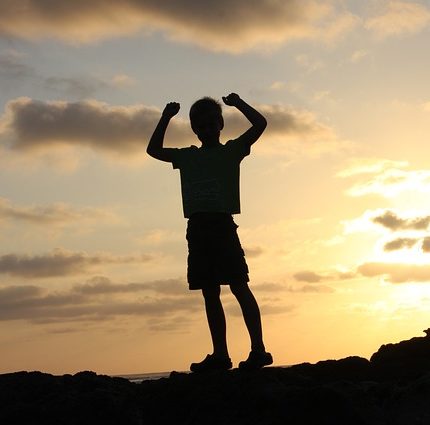
 Assertive communication is a hard skill to learn. Our culture tends to reward aggression. Putdowns are framed as humor in cartoons and sitcoms, and the internet can be a platform for bullying. It’s hard to find examples of assertiveness in the public sphere.
Assertive communication is a hard skill to learn. Our culture tends to reward aggression. Putdowns are framed as humor in cartoons and sitcoms, and the internet can be a platform for bullying. It’s hard to find examples of assertiveness in the public sphere.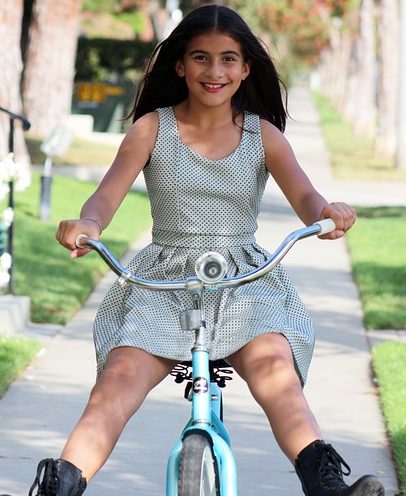
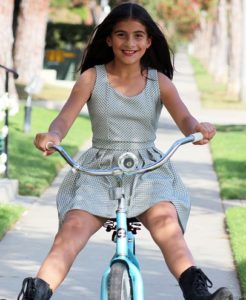 The ability to exercise self-control — even with a specific, self-imposed goal in mind — is tough, even as it develops with age. New research from the
The ability to exercise self-control — even with a specific, self-imposed goal in mind — is tough, even as it develops with age. New research from the 

